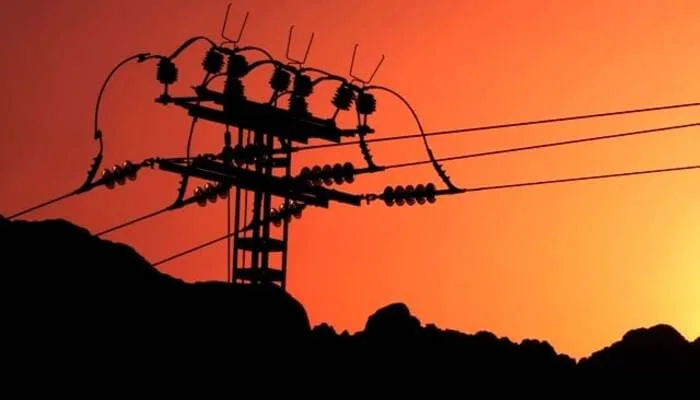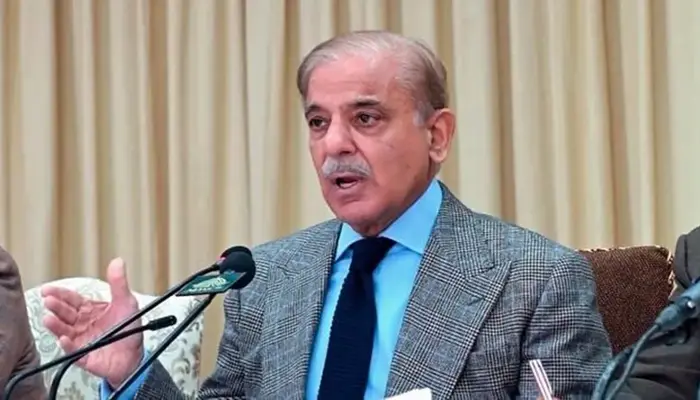
In a welcome move for electricity consumers across Pakistan, the National Electric Power Regulatory Authority (NEPRA) has approved a significant power tariff cut of Rs1.71 per unit. This price reduction, proposed by the federal government, will be in effect from April to June 2025 and will apply nationwide, including areas served by K-Electric.
Relief for Most, But Not All
According to NEPRA’s official statement, the tariff cut will benefit a broad spectrum of electricity users. However, lifeline consumers—those with the lowest usage—will not be included in this relief package.
Government Proposal Gains Approval
Last month, the federal government submitted the proposal to NEPRA, following its decision to raise the petroleum levy on petrol and high-speed diesel by Rs10 per litre. The additional revenue generated from these fuel levies is now being redirected to ease electricity bills for consumers.
NEPRA conducted a formal hearing on the proposal on April 4.
Read: Pakistan Navigates Trump Tariffs with Resilience, Says Business Leader
Previous Reductions Set the Stage
This isn’t the first time electricity prices have seen downward adjustments in recent months. Earlier, NEPRA had approved a Rs1.90 per unit reduction under its routine quarterly tariff adjustments. That cut also applied nationwide, including to Karachi-based consumers.
Furthermore, earlier this month, Prime Minister Shehbaz Sharif introduced broader tariff relief measures. For domestic users, electricity rates were slashed by as much as Rs7.41 per unit, bringing the average tariff down to Rs38.37. Industrial consumers also benefited from a Rs7.59 per unit cut, lowering their average tariff to Rs40.60.
Aimed at Economic Stabilization
Officials say the latest price reduction is part of a wider effort to balance economic pressures. By leveraging additional revenue from petroleum levies, the government aims to provide targeted relief without placing extra strain on public finances.
The Rs1.71 per unit reduction may appear modest in comparison to other recent announcements, but it plays a crucial role in the larger framework of energy cost management. It reflects a coordinated approach between regulatory and governmental bodies to deliver tangible economic benefits while maintaining fiscal responsibility.
Energy Sector Watch
As electricity and fuel prices remain hot-button issues in Pakistan’s economic landscape, all eyes will be on how this latest relief impacts household budgets and industrial productivity. With inflationary pressures continuing, such targeted interventions may become more common in the months ahead.
Follow us on Google News, Instagram, YouTube, Facebook,Whats App, and TikTok for latest updates












